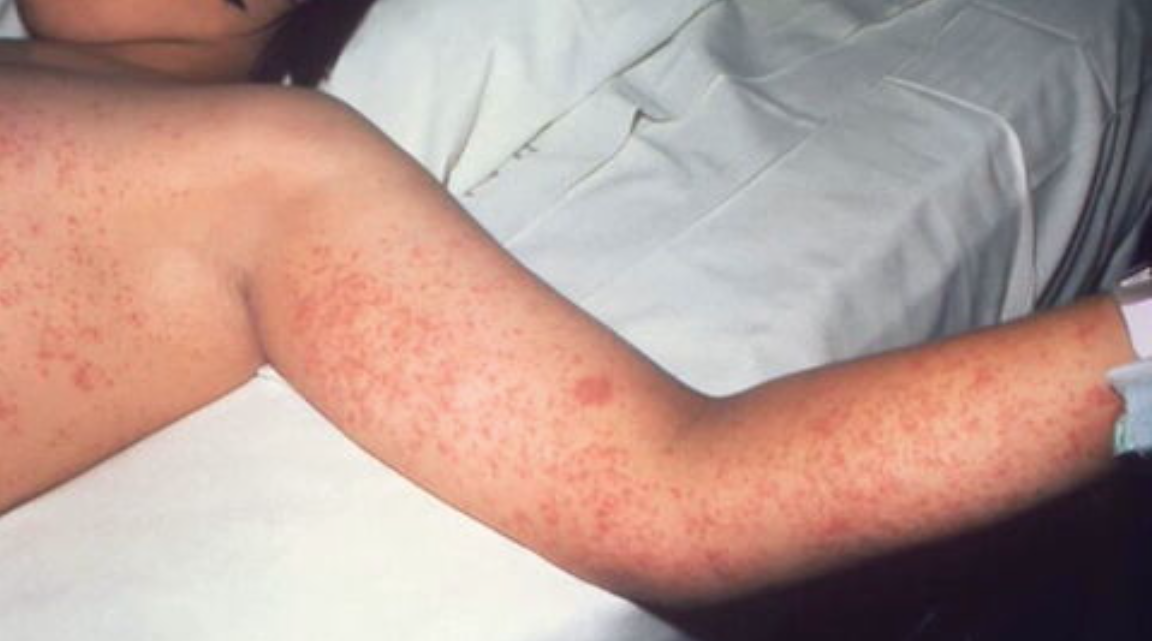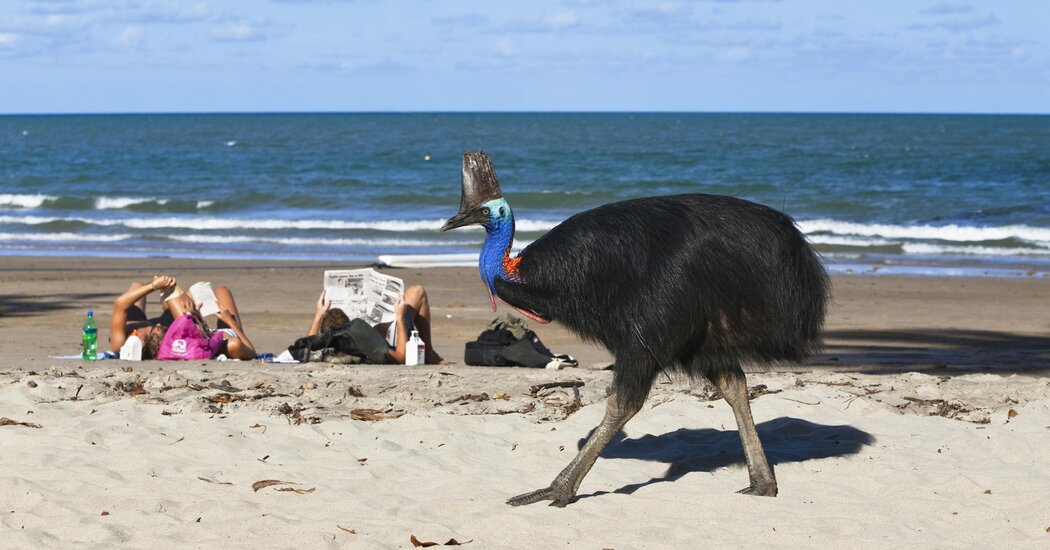Update: Second Measles Case Reported In Virginia In 2025

Table of Contents
Details of the Second Measles Case in Virginia
The second confirmed case involves a patient between the ages of 20 and 30, residing in Northern Virginia. While the exact location is not disclosed to protect patient privacy, this information helps to geographically target public health interventions. The diagnosis was confirmed on October 26, 2025. Symptoms experienced by the patient included a high fever, cough, runny nose, and a characteristic rash.
At this time, the source of exposure is still under investigation. Health officials are actively working to determine whether there is a connection between this case and the previously reported case, or if the infection originated from a different source, potentially through international travel.
- Key Facts:
- Age Range: 20-30 years old
- Location: Northern Virginia (generalized for privacy)
- Diagnosis Date: October 26, 2025
- Symptoms: High fever, cough, runny nose, rash
- Exposure Source: Currently under investigation
Public Health Response to the Measles Cases in Virginia
The Virginia Department of Health (VDH) and local health departments have initiated a comprehensive response to these measles cases. This includes:
- Contact Tracing: Extensive contact tracing is underway to identify individuals who may have been exposed to the virus. Those identified as close contacts are being monitored for symptoms and offered preventative measures.
- Vaccination Recommendations: The VDH is strongly recommending measles vaccination for all eligible individuals, particularly those who are unvaccinated or have incomplete vaccination series.
- Outreach Campaigns: Public health officials are conducting outreach campaigns through various channels, including social media, local news, and community events, to educate the public about measles, its symptoms, and the importance of vaccination.
- Prevention Measures: Public health authorities are working to prevent further spread through increased surveillance, targeted vaccination efforts, and public education initiatives.
Understanding the Risk of Measles in Virginia
Measles is a highly contagious respiratory illness caused by a virus. It spreads easily through the air when an infected person coughs or sneezes. The virus can remain infectious in the air for up to two hours.
-
Contagiousness: Measles is extremely contagious, with an infectivity rate of 90%. Even before the characteristic rash appears, an infected person can spread the virus.
-
Complications: While many people recover fully, measles can lead to serious complications, including pneumonia, encephalitis (brain swelling), and even death.
-
Vulnerability: Unvaccinated individuals, particularly infants and young children, are at increased risk of severe complications. Pregnant women are also at higher risk.
-
Vaccine Efficacy: The measles vaccine is highly effective and safe. Two doses provide almost complete protection.
-
Misconceptions: Common misconceptions about the measles vaccine, such as its link to autism, are unfounded and have been debunked by numerous scientific studies.
-
Measles Symptoms: Fever, cough, runny nose, conjunctivitis (pink eye), and Koplik's spots (small white spots inside the mouth) followed by a characteristic red, blotchy rash.
Protecting Yourself and Your Family from Measles in Virginia
Protecting yourself and your loved ones from measles is crucial. Take these steps:
- Check Vaccination Status: Confirm that you and your family members are up-to-date with your measles, mumps, and rubella (MMR) vaccinations. Two doses are recommended for optimal protection.
- Get Vaccinated: If you are not fully vaccinated, get vaccinated immediately. Consult your healthcare provider or local health department to arrange for vaccination.
- Practice Good Hygiene: Frequent handwashing with soap and water, covering coughs and sneezes, and avoiding close contact with sick individuals can help reduce the risk of infection.
- Recognize Symptoms: If you or someone in your family experiences measles symptoms, seek medical attention promptly. Early diagnosis and treatment can help minimize complications.
Staying Vigilant Against Measles in Virginia
The second confirmed case of measles in Virginia underscores the continued threat of this highly contagious disease. The key takeaway is that measles is preventable through vaccination. Protecting your community requires collective effort. We must remain vigilant and proactive in our approach to prevent further spread.
Check your vaccination status today. If you are not fully vaccinated against measles, contact your healthcare provider or the Virginia Department of Health to schedule your MMR vaccination. Take responsibility for your health and help prevent measles in Virginia. Together, we can combat this outbreak and protect our community from the serious consequences of measles.

Featured Posts
-
 Combating The Killer Seaweed Protecting Australias Marine Life
May 30, 2025
Combating The Killer Seaweed Protecting Australias Marine Life
May 30, 2025 -
 Wybory Prezydenckie 2025 Mentzen Nowy Rozmiar Kampanii
May 30, 2025
Wybory Prezydenckie 2025 Mentzen Nowy Rozmiar Kampanii
May 30, 2025 -
 Emergency Response Swiss Village Buried By Glacier Triggered Landslide
May 30, 2025
Emergency Response Swiss Village Buried By Glacier Triggered Landslide
May 30, 2025 -
 Serial Killers Death Bath Six Victims Brutal Dismemberment
May 30, 2025
Serial Killers Death Bath Six Victims Brutal Dismemberment
May 30, 2025 -
 Media Advisory Joy Smith Foundations Inaugural Launch
May 30, 2025
Media Advisory Joy Smith Foundations Inaugural Launch
May 30, 2025
Latest Posts
-
 Munichs Bmw Open 2025 Zverev Battles Griekspoor In Quarter Finals
May 31, 2025
Munichs Bmw Open 2025 Zverev Battles Griekspoor In Quarter Finals
May 31, 2025 -
 May Day Rally In Kingston Images Show Strength And Solidarity Daily Freeman
May 31, 2025
May Day Rally In Kingston Images Show Strength And Solidarity Daily Freeman
May 31, 2025 -
 Bmw Open 2025 Zverev Griekspoor Quarter Final Showdown In Munich
May 31, 2025
Bmw Open 2025 Zverev Griekspoor Quarter Final Showdown In Munich
May 31, 2025 -
 Indian Wells Surprise Zverevs First Match Exit And His Honest Assessment
May 31, 2025
Indian Wells Surprise Zverevs First Match Exit And His Honest Assessment
May 31, 2025 -
 Trump Administration Loses Key Advisor Elon Musks Resignation Explained
May 31, 2025
Trump Administration Loses Key Advisor Elon Musks Resignation Explained
May 31, 2025
